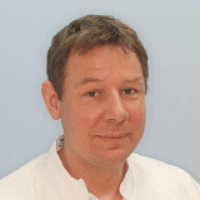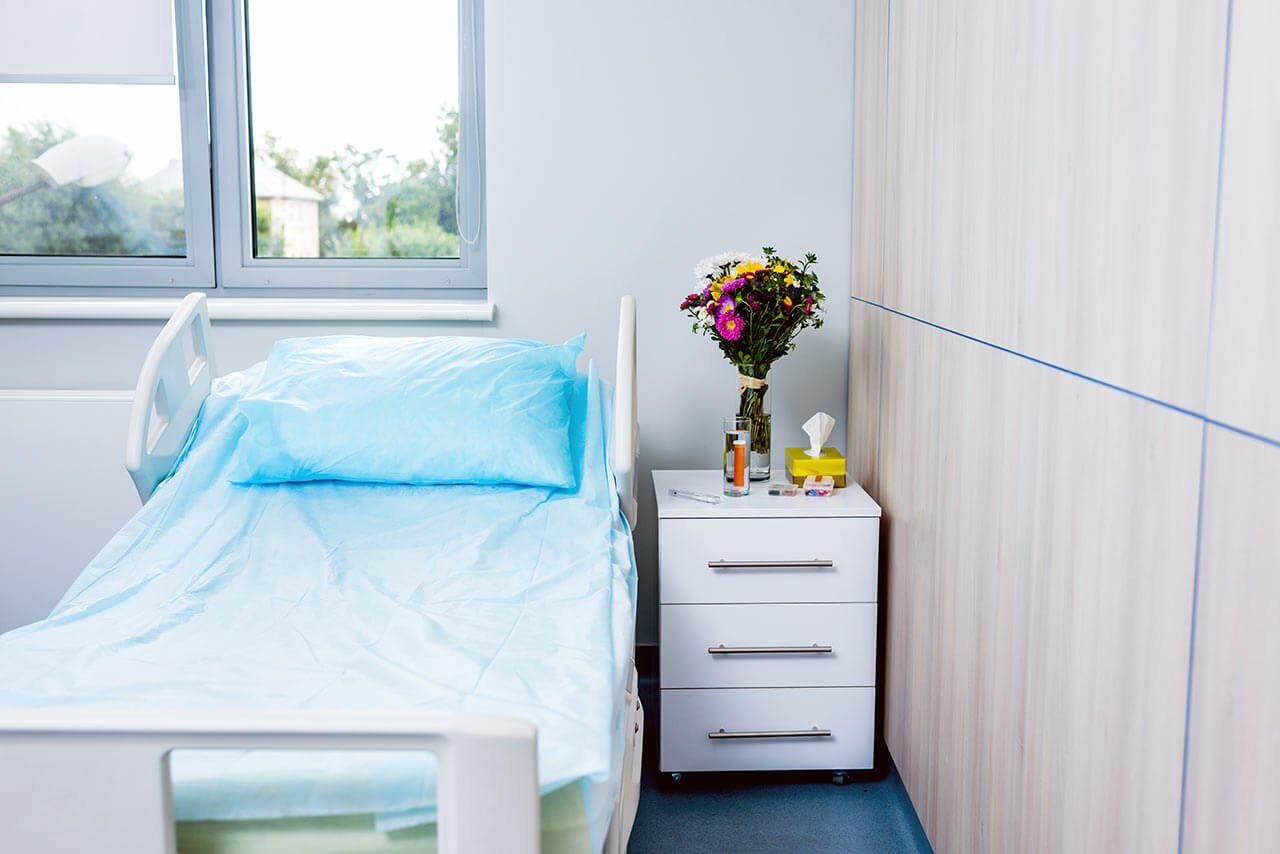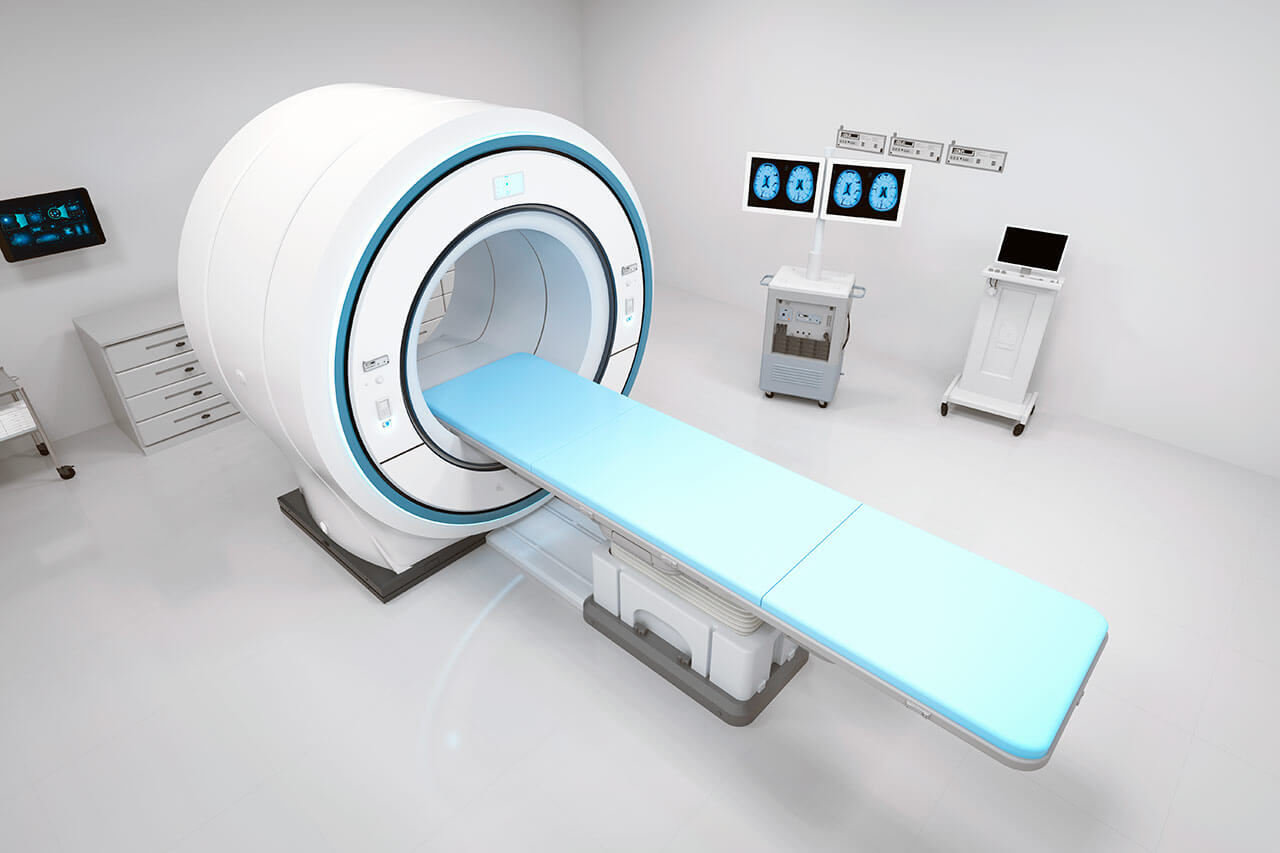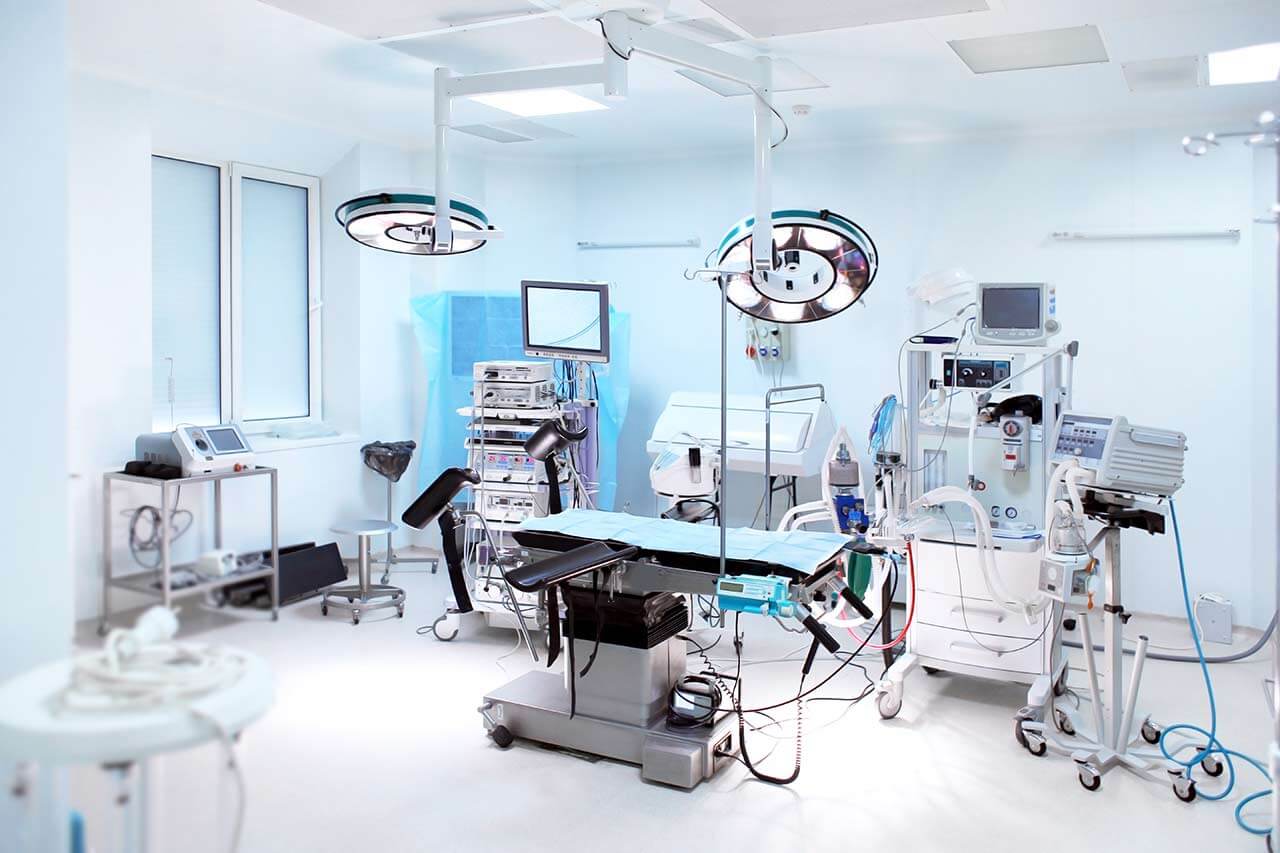
The program includes:
- Initial presentation in the clinic
- clinical history taking
- physical examination
- review of medical records
- laboratory tests:
- complete blood count
- biochemical analysis of blood
- TSH, fT3, fT4
- indicators of inflammation (CRP, ESR)
- indicators blood coagulation
- otorhinolaryngological examination:
- rhinoscopy
- otoscopy
- audiometry
- x-ray/ ultrasound/ CT of paranasal sinuses
- microbiological examination of nasal fluid
- preparation according to preoperative standard
- sinus fenestration
- nursing services
- consultation of related specialists
- treatment by chief physician and all leading experts
- explanation of individual treatment plan
- written statement
Required documents
- Medical records
- CT scan (if available)
Service
You may also book:
 BookingHealth Price from:
BookingHealth Price from:
About the department
The Department of Otolaryngology, Head and Neck Surgery, Plastic Surgery at the University Hospital Giessen UKGM offers the full range of medical services in the areas of its specialization. The priority interests of clinical practice include the treatment of benign and malignant tumors of the head and neck, plastic aesthetic surgery of the face and reconstructive surgery of the head and neck, surgical treatment of ear diseases, hearing impairment, treatment of benign and malignant tumors of the salivary glands, laryngeal, paranasal sinus surgery, skull base surgical navigation and surgical treatment of obstructive sleep apnea. The doctors have in their arsenal all modern conservative and surgical treatment methods. The department also widely applies minimally invasive surgical techniques. The department is headed by Dr. med. Gregor Wolf.
The department’s key focus is the treatment of benign and malignant tumors of the head and neck. Such pathologies mostly require surgical treatment. The department's specialists have a perfect command of the classical surgical and innovative techniques, for example, laser surgery. Each patient receives treatment according to an individually developed scheme adapted to his clinical indications and needs. If necessary, surgical treatment will be followed by the reconstructive interventions to correct defects and improve the aesthetic appearance. In most cases, surgical treatment is supplemented by radiation therapy or chemotherapy, which gives an optimal therapeutic result. The specialized experts will be involved for these purposes. After treatment, the patient should undergo a regular monitoring to prevent the development of relapse.
In addition, of particular interest is the treatment of hearing impairments. Depending on the causes of the pathology and its stage, the patient can be prescribed both drug and surgical treatment. Hearing problems are mostly caused by inner ear dysfunction (congenital and age-related changes, Meniere's disease, etc.). In pathologies of the inner ear, hearing is restored using hearing aids and hearing implants. In complex cases, cochlear implantation may be the only treatment option.
The department has an excellent reputation in the treatment of salivary gland diseases, for example, benign and malignant tumors. Most neoplasms are benign and localized in the parotid salivary gland. Surgery is almost always required. The operations are performed using the cutting-edge surgical microscopes and systems for facial nerve function monitoring. The salivary gland malignancies are much less common. They often lead to the damage of facial nerves, and therefore resection of such tumors is carried out in combination with facial nerve reconstruction. In the case of facial paralysis, additional plastic surgery may be required. Also, the department's doctors specialize in the treatment of salivary gland stones. The therapeutic options for this pathology include lithotripsy and sialendoscopy.
The main activities of the department include:
- Cochlear implantation
- Diagnostics and treatment of benign and malignant tumors of the head and neck
- Surgical treatment, including minimally invasive procedures
- Chemotherapy
- Radiation therapy
- Reconstructive surgery of the head and neck
- Diagnostics and treatment of diseases of the middle and inner ear (inflammatory processes, tumors)
- Tympanoplasty
- Reconstructive interventions on the eardrum (using cartilage tissue)
- Stapedoplasty in otosclerosis
- Implantation of hearing aids
- Diagnostics and treatment of diseases of the paranasal sinuses
- Diagnostics and treatment of diseases of the salivary glands (benign and malignant neoplasms, salivary gland stones)
- Diagnostics and treatment of obstructive sleep apnea
- Diagnostics and treatment of laryngeal diseases, including voice disorders
- Plastic surgery
- Nose reshaping
- Auricle reshaping
- Other medical services
Photo of the doctor: (c) UKGM - Universitätsklinikum Gießen und Marburg GmbH
About hospital
The University Hospital Giessen UKGM positions itself as an ultramodern medical facility with outstanding quality of medical care. The hospital presents almost all areas of medicine, ranging from ophthalmology to traumatology and dentistry. The priorities of the hospital’s activities include surgery, neurosurgery, oncology, nephrology with kidney transplantation and pediatric medicine.
The hospital is the third largest in Germany. Every year, more than 436,000 patients are treated in two locations of the hospital (Giessen and Marburg): 342,000 outpatients and 94,000 inpatients. The medical facility is the first privatized university hospital in the country.
The hospital staff is engaged not only in clinical practice, but also in research activities on the basis of the Faculty of Medicine at Justus Liebig University Giessen and Philipps University of Marburg, which contributes to a significant contribution to the development of modern medicine. During the many years of productive work on the development of new diagnostic and treatment methods, the hospital’s doctors managed to make many significant discoveries.
The hospital enjoys an excellent reputation in Germany and far beyond its borders. It managed to gain such credibility thanks to the high competence of doctors, advanced equipment, high-quality medical service and care.
Photo: (c) depositphotos
Accommodation in hospital
Patients rooms
The patients of the University Hospital Giessen UKGM live in comfortable rooms made in a modern design and light colors. Each room has an ensuite bathroom with shower and toilet. The standard room furnishing includes an automatically adjustable bed, a bedside table, a wardrobe, a table and chairs for receiving visitors, a TV, a telephone.
Meals and Menus
The patients of the hospital are offered balanced, healthy three meals a day: buffet breakfast, lunch and dinner. The private kitchen, certified according to DIN EN ISO 9001:2000, is responsible for providing patients with food and drinks.
If for some reason you do not eat all foods, you will be offered an individual menu. The hospital also has a cafeteria with a large assortment of hot and cold drinks, snacks and desserts.
Further details
Standard rooms include:
Television
All patient rooms are equipped with TV sets. If you have some questions, please contact medical personnel.
Religion
Religious services can be provided upon request.
Accompanying person
During an inpatient program, an accompanying person can stay with you in a patient room or in a hotel of your choice.
Hotel
During the outpatient program, you can stay at the hotel of your choice. Our managers will help you to choose the most suitable option.




